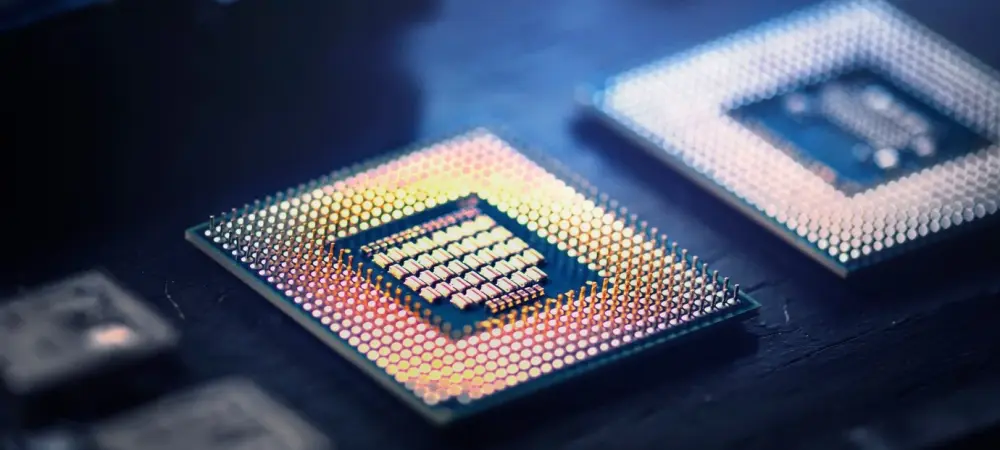In the rapidly evolving landscape of technology, particularly in the domain of graphics processing units (GPUs), the recent decision by Intel and Canonical to disable certain security mitigations has sparked a significant debate about their impact on performance. Initially put in place to safeguard against high-profile vulnerabilities like Spectre and Meltdown, these mitigations have now been deemed superfluous in the context of GPUs. The collaboration between Intel and Canonical, the creators of Ubuntu, reflects their prioritization of performance enhancement over purported security benefits, especially when these benefits are marginal at best. This decision comes after thorough assessments concluded that the risks associated with these vulnerabilities are sufficiently mitigated at the kernel level. Users can anticipate these changes in upcoming Ubuntu releases, promising a notable performance enhancement for integrated graphics systems.
Evaluating Risk and Reward
The primary argument for disabling GPU security mitigations revolves around the tangible performance gains that can be realized, especially in graphics-intensive applications. Performance benchmarks indicate up to a 20% improvement in graphics performance following the removal of these security measures. While the benefits in terms of speed and efficiency may be compelling, they must be weighed against the potential risk of leaving systems vulnerable to currently unspecified threats. Intel and Canonical’s decision is informed by comprehensive reviews, which conclude that the likelihood of any exploit through the GPU is minimal, thanks in large part to robust protections embedded at the kernel level. As a result, disabling these mitigations aligns with a broader industry tendency to optimize performance where the trade-offs for additional security are deemed unnecessary. This allows companies to offer more efficient computing experiences without compromising safety.
Community Reactions and Future Directions
The tech community has witnessed mixed reactions to the decision to disable GPU security mitigations. Many developers and users cheer the improved graphics performance, which is a boon for professionals in graphic design and video rendering. Yet, some security experts warn against fully removing these safeguards, arguing that the evolving nature of cybersecurity necessitates constant vigilance and adaptability. Despite this, Intel’s use of NEO_DISABLE_MITIGATIONS in its official builds on platforms like GitHub indicates strong confidence in their existing security measures. As Intel and Canonical implement these changes, upcoming Ubuntu versions, beginning with 25.10, are set to offer a more optimized software experience. This move underscores the ongoing need to balance security with usability, emphasizing strategic decision-making in the ever-evolving tech world. Ultimately, Intel and Canonical’s decision highlights when prioritizing performance outweighs mitigations that offer minimal security benefits, enabling significant graphics processing enhancements without sacrificing overall system security.

